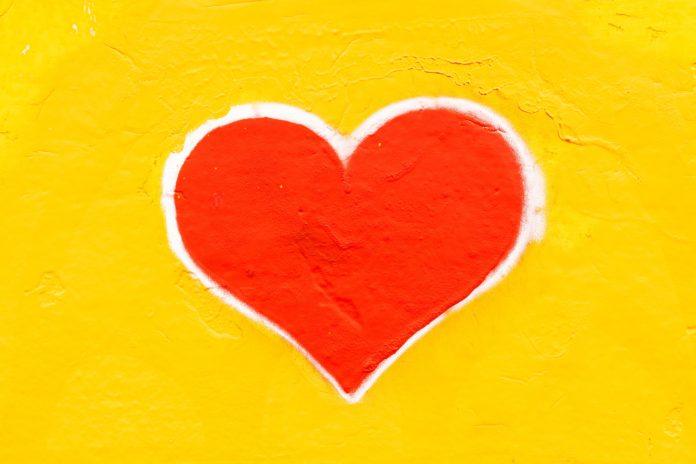Have you ever wanted to donate blood but been worried that you weren’t eligible or that it may be painful or unsafe? According to the South African National Blood Service (SANBS), a unit of blood can save a minimum of three lives – and yet less than 1% of South Africans are active blood donors. With World Blood Donor Day coming up on June 14th, Fedhealth Medical Aid examines some common myths and facts around donating blood.
Myth: Giving blood hurts.
Fact: The pain you experience is no more than a needle prick. The slight soreness you may feel where the needle was is just a reminder of the good deed you’ve done!
Myth: I can get HIV or other infections from donating blood.
Fact: A clear procedure exists for taking blood from each donor and sterility is maintained at all times. Needles and all other equipment used are sterile and disposable, which means as soon as they’ve been used, they’re disposed of.
Myth: Giving blood is time consuming.
Fact: A single blood donation normally takes between 15-30 minutes. If you’re donating only plasma or platelets, the procedure can take an hour. Whole blood donors can donate every 56 days and plasma/platelet donors can donate every 28 days (this procedure is done at specialised clinics).
Myth: There is limited blood in my body and it’s unhealthy to give some away.
Fact: Only about 350ml to 450ml of blood is taken during a single donation session, which means there’s enough blood in your body to donate it without any ill effects – plus your body makes new blood after each donation.
Myth: I’m too old to donate blood.
Fact: If you’re under 60 and are fit and healthy, you can give blood.
Myth: Your health deteriorates after donating blood.
Fact: If you’re healthy before you donate, you should recover fully within a day or two. It’s best not to do any rigorous the day you donate, and to drink lots of fluids for a few hours afterwards
Myth: Taking medication means you can’t be a blood donor.
Fact: In most cases, you can still donate blood if you’re on medication. There are some medications, such as some chemotherapy drugs, that may involve a waiting period. Others may involve a waiting period in order for the condition to resolve. For example, if you’re taking medication for high blood pressure, you’ll usually need to wait for the medication to stabilise your blood pressure before you can donate. If you’re unsure, bring your medication with you and the nurses on duty will check whether you’re still eligible.
Myth: Blood should only be donated once a year.
Fact: If you donate for the first time, your donated blood can’t be used in case you are in the ‘window period’ of HIV when the virus cannot be detected. Different components in blood have different lifespans and blood plasma is the only component that can be frozen and used after 56 days, when an individual is allowed to donate again. If you don’t return to donate within less than a year, none of your blood components can be used. For this reason blood donation is a commitment, and you’re encouraged to donate regularly in order for all your blood products to be useable.
Myth: I don’t have a rare blood type, so I don’t need to donate.
No matter what your blood group is, it’s valuable. The most common blood group in South Africa (and worldwide) is O+. For this reason, the O blood type is called the universal blood group, as it can be donated to all blood groups. Because it’s so versatile and is used so often, it’s usually the first type to run out when there’s a shortage. So, if you have an O blood group, your blood is even more in demand.
Myth: I’m a vegetarian so my blood doesn’t have enough iron and can’t be donated.
Fact: Vegetarians can donate blood. The iron needed is taken from body stores and as long as you are following a balanced diet, your iron levels should be fine.
Myth: If you need more blood can’t you just manufacture it?
Fact: Blood isn’t something that can be manufactured – it’s a very precious substance that can only come from healthy human beings.
Donating blood is a simple and practical way to truly help others. Myths busted? Sign up at your nearest SANBS centre to start saving lives.












